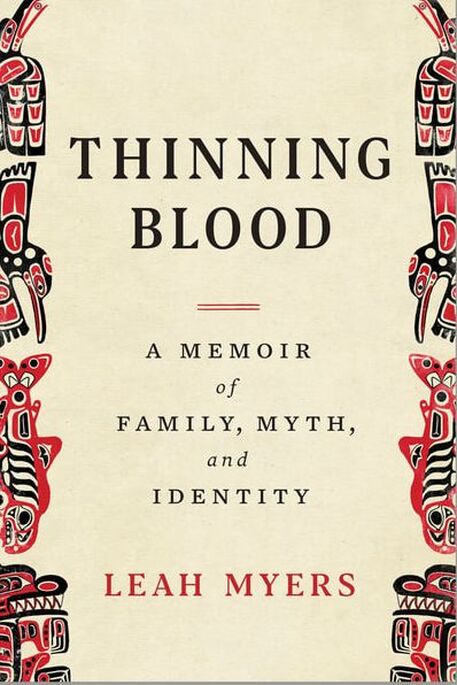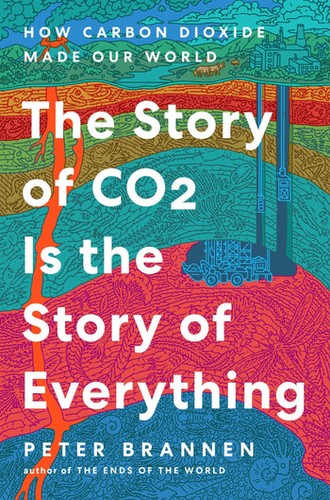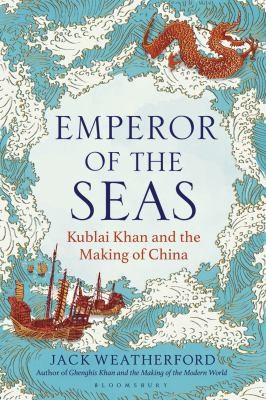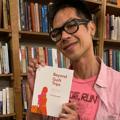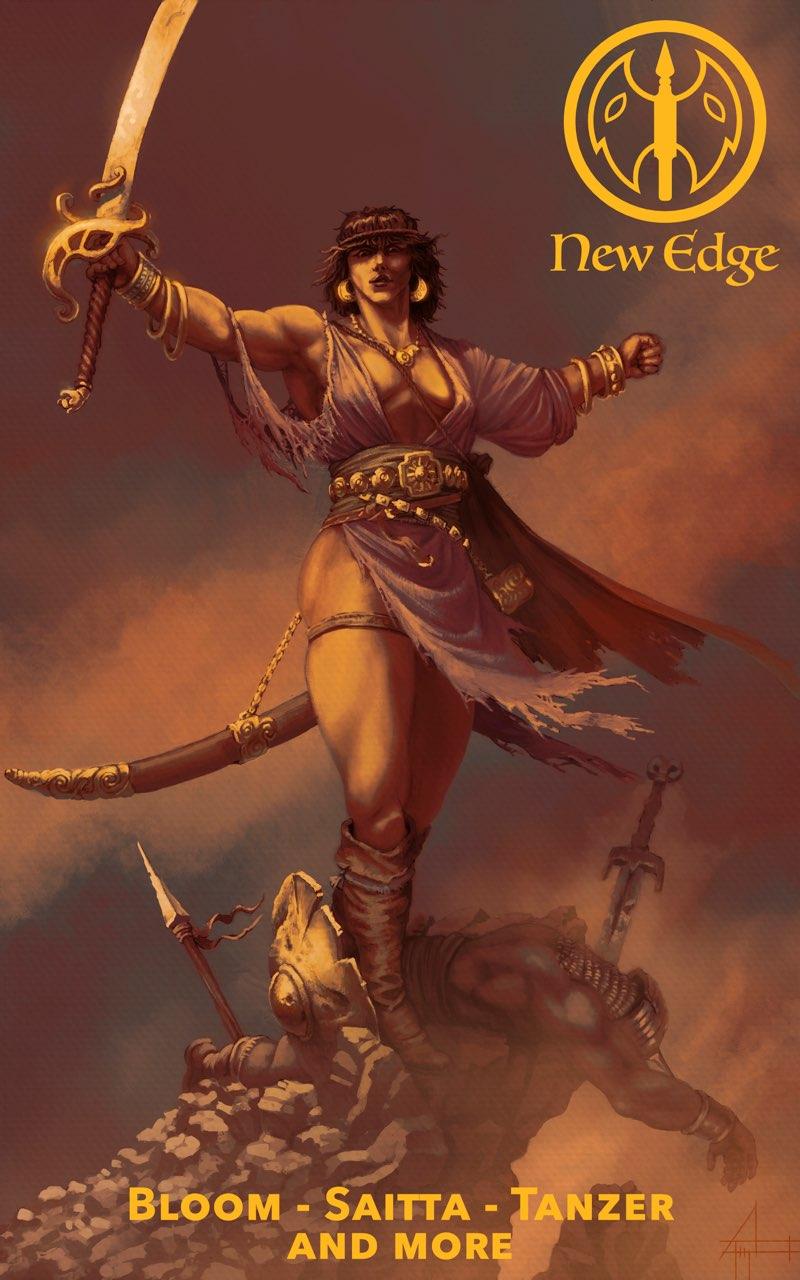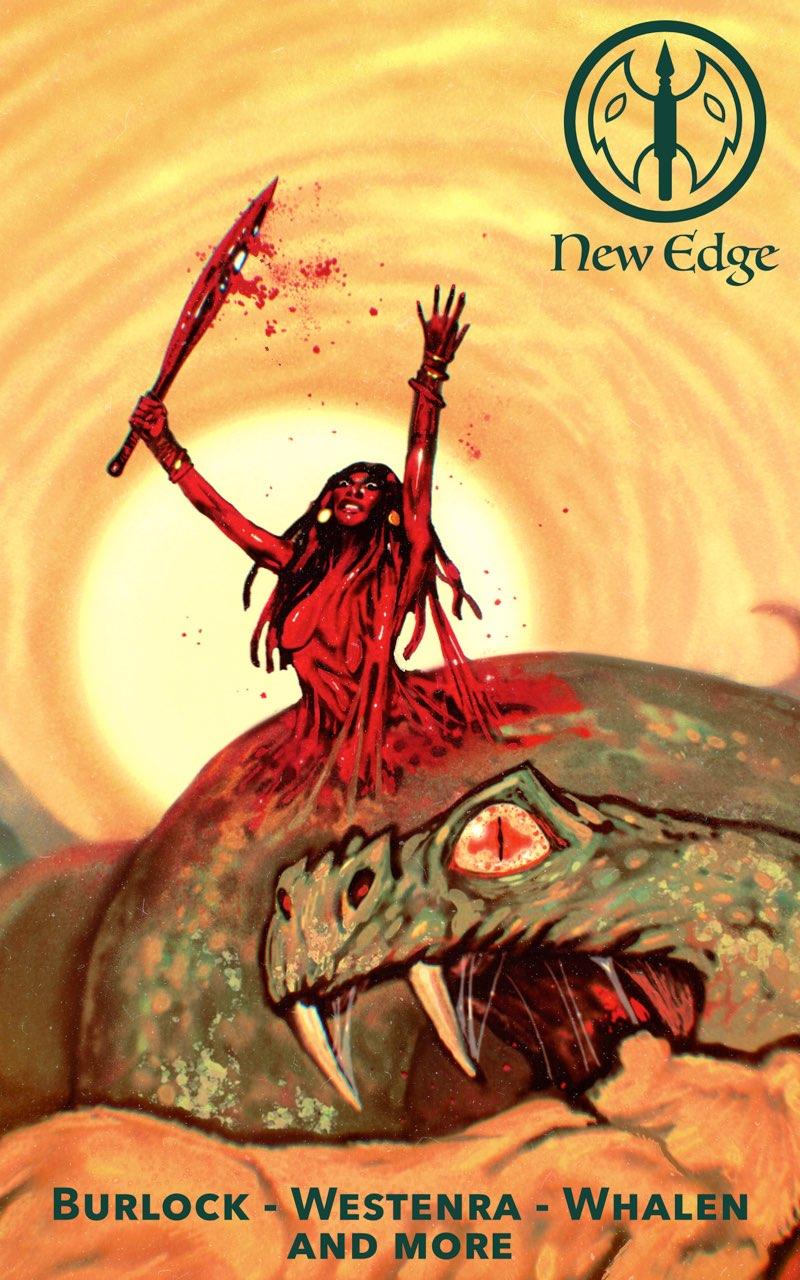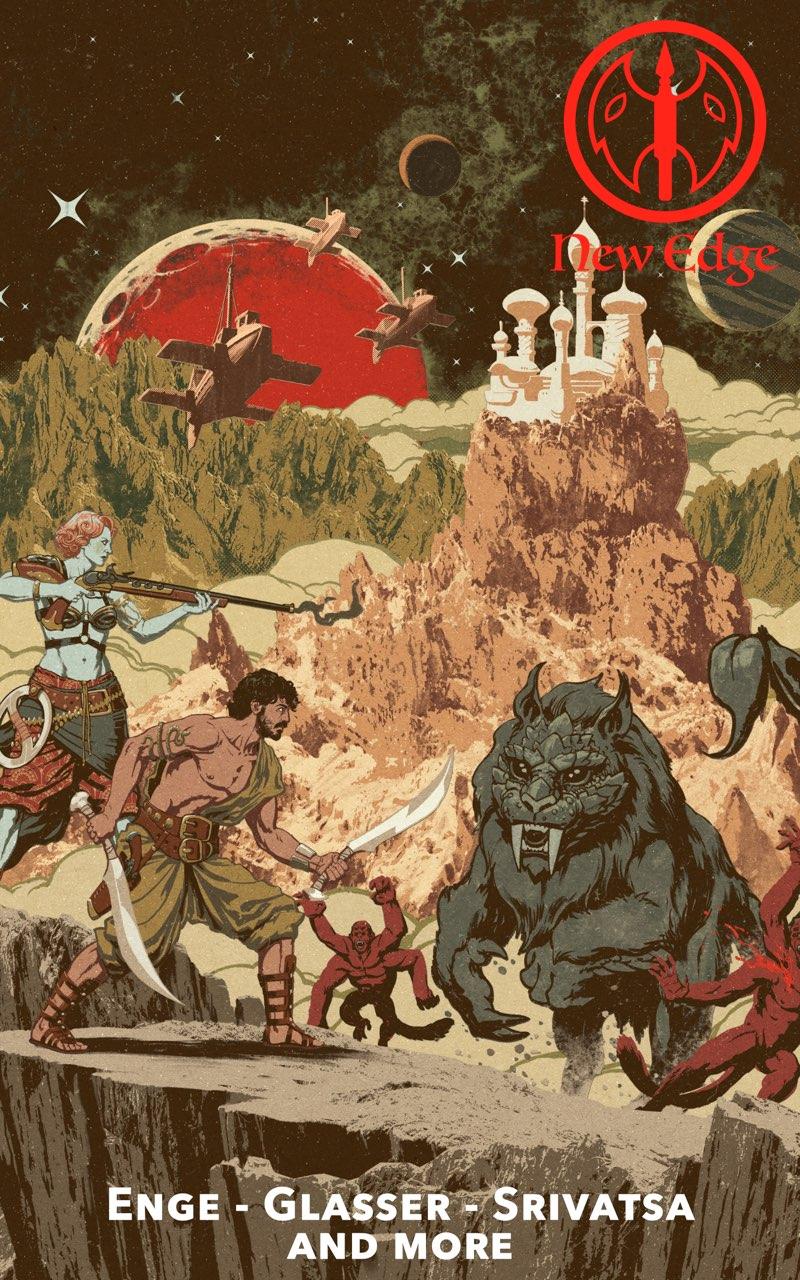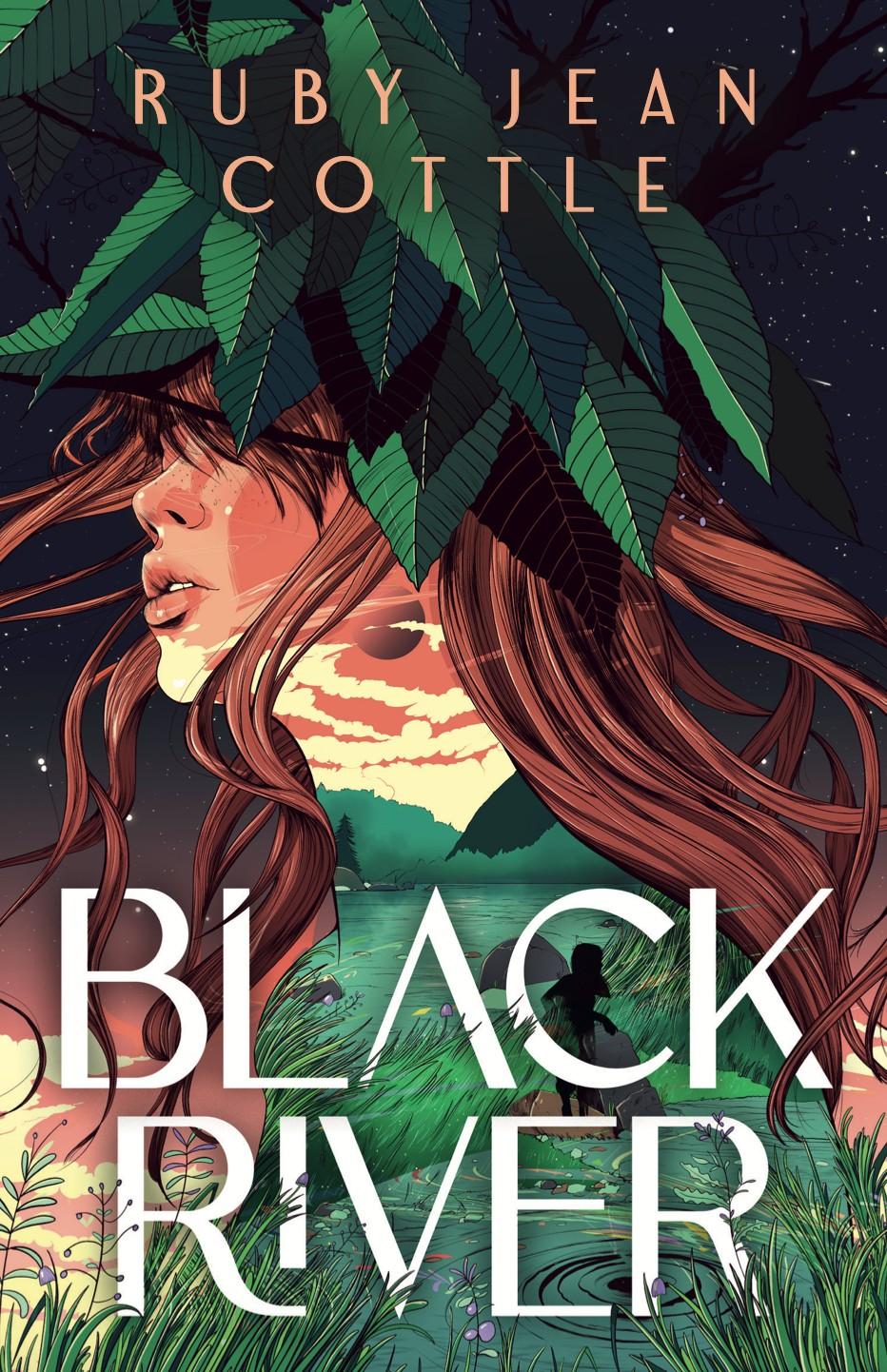@otts@books.theunseen.city erm what's a reverse Lolita?
User Profile
Interests: climate, science, sci-fi, fantasy, LGBTQIA+, history, anarchism, anti-racism, labor politics
This link opens in a pop-up window
Sally Strange's books
User Activity
RSS feed Back
Sally Strange wants to read The Blade Between by Sam J. Miller
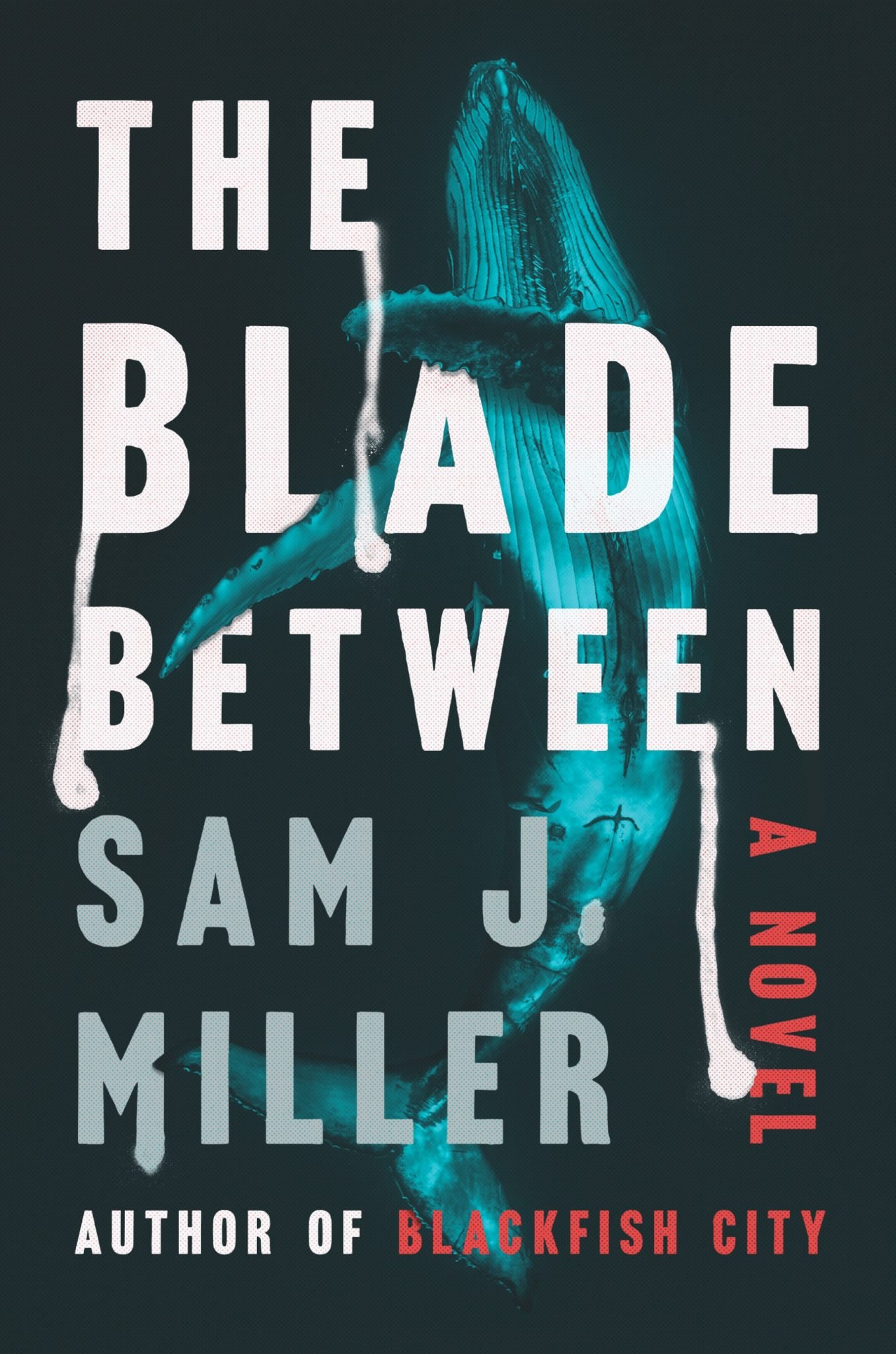
The Blade Between by Sam J. Miller
Ronan Szepessy promised himself he’d never return to Hudson. The sleepy upstate town was no place for a restless gay …
Sally Strange replied to Otts's status
@otts@books.theunseen.city erm what's a reverse Lolita?
Florian reviewed Wizard of the Crow by Ngũgĩ wa Thiong'o
Sally Strange wants to read Wizard of the Crow by Ngũgĩ wa Thiong'o

Wizard of the Crow by Ngũgĩ wa Thiong'o, Ngũgĩ wa Thiongʼo
From the exiled Kenyan novelist, playwright, poet, and literary critic--a magisterial comic novel that is certain to take its place …
Otts reviewed Less Is Lost by Andrew Sean Greer
Gently funny, wholly gay
5 stars
Not just another white gay man, thankfully, possibly just a “bad gay.” 🤣 Arthur Less returns for another journey, but this time, around the U.S. instead of the world. The narrator has palpable affection for him that made me titter constantly; really, one of those voices that draws you in with its teasing warmth. Picked up the first immediately to compare since I didn’t enjoy it as much. Really good.
Sally Strange replied to Zig Claybourne's status
@zzclaybourne@wandering.shop Deliriously in love with pie!
Sally Strange wants to read The Brothers Jetstream by Zig Zag Claybourne
Following @zzclaybourne@wandering.shop here in the Fediverse has finally pushed me into putting his books on my to-read list! This review of this book and its sequel, Afro Puffs Are the Antennae of the Universe, helped too.
"Claybourne, a writer deliriously in love with life, writes with both irreverent humor and deep feeling about this struggle inherent to the human condition, but he knows well that it is not forever. He knows, and his characters know, that the beat can be changed."
Following @zzclaybourne@wandering.shop here in the Fediverse has finally pushed me into putting his books on my to-read list! This review of this book and its sequel, Afro Puffs Are the Antennae of the Universe, helped too.
"Claybourne, a writer deliriously in love with life, writes with both irreverent humor and deep feeling about this struggle inherent to the human condition, but he knows well that it is not forever. He knows, and his characters know, that the beat can be changed."
To The Warm Horizon by Choi Jin-Young (Translated by Soje)
Could safety from the global pandemic be found in desperate flight towards a land of banditry and violence?
Sally Strange replied to Elena.'s status
@theresmiling@bookrastinating.com I will update as things go along! I think I'm about three chapters in. Seems to me like the murder mystery aspect of the story is secondary to the exploration of what near future earth might be like after alien contact, and the conflicts of dealing with people who are entirely different species.
@theresmiling@bookrastinating.com I will update as things go along! I think I'm about three chapters in. Seems to me like the murder mystery aspect of the story is secondary to the exploration of what near future earth might be like after alien contact, and the conflicts of dealing with people who are entirely different species.
Sasu reviewed A Closed and Common Orbit by Becky Chambers (Wayfarers, #2)
Bittersweet and Moving
5 stars
This hurt me in a good way. Tears flowed. Not recommended for consumption on public transportation or in a café for anyone who is averse to crying in public.
Not only is the story an engaging one, the themes are immediately relevant to the situation we currently find ourselves in and again provide an excellent illustration of how #kindness and #care is not only good to have, but indispensable for our survival.
Listened to the #Booktrack edition again. Pleasantly cinematic like the first, and again like the first, a few of the soundtrack choices didn't quite mesh with the mood of the scenes they were in. Overall, though, the effect was one of augmentation rather than distraction.
This hurt me in a good way. Tears flowed. Not recommended for consumption on public transportation or in a café for anyone who is averse to crying in public.
Not only is the story an engaging one, the themes are immediately relevant to the situation we currently find ourselves in and again provide an excellent illustration of how #kindness and #care is not only good to have, but indispensable for our survival.
Listened to the #Booktrack edition again. Pleasantly cinematic like the first, and again like the first, a few of the soundtrack choices didn't quite mesh with the mood of the scenes they were in. Overall, though, the effect was one of augmentation rather than distraction.
Books Received, November 29 — December 5
Six works new to me: four fantasy, one horror, and one SF (also ttrpg). Four are arguably series. First four covers!
https://jamesdavisnicoll.com/post/books-received-november-29-december-5
Books Received, November 29 — December 5
Six works new to me: four fantasy, one horror, and one SF (also ttrpg). Four are arguably series. First four covers!
https://jamesdavisnicoll.com/post/books-received-november-29-december-5
Sally Strange reviewed Medusa Uploaded by Emily Devenport (The Medusa Cycle, #1)
Who killed the second generation ship?
4 stars
First there were two generation ships. Then somebody blew up Titania, leaving Olympia to continue the journey alone.
Oichi survived by accident - she couldn't get her preferred job a a scientist on Titania due to class-based discrimination, so she emigrated to Olympia. Fortunately she has implants given to her by her father before he died. She thinks they just provide her access to her father's immense music library, but they do so much more, including opening her up to communication with mysterious non-human intelligences. Then again, is she even human...?
A compelling space adventure with distinct noir mystery tones.
First there were two generation ships. Then somebody blew up Titania, leaving Olympia to continue the journey alone.
Oichi survived by accident - she couldn't get her preferred job a a scientist on Titania due to class-based discrimination, so she emigrated to Olympia. Fortunately she has implants given to her by her father before he died. She thinks they just provide her access to her father's immense music library, but they do so much more, including opening her up to communication with mysterious non-human intelligences. Then again, is she even human...?
A compelling space adventure with distinct noir mystery tones.
Sally Strange started reading Station Eternity by Mur Lafferty (The Midsolar Murders, #1)
Accidentally started reading the third book in this series, and found it interesting enough that I decided to start from the beginning.
The MC is like Jessica Fletcher or any number of literary mystery characters, who always seem to be in the middle of a murder mystery. Unlike on "Murder She Wrote," though, people start to suspect her of being, you know, somehow involved in all these murders.
To avoid this, she decides to move to a sentient space station where she's basically the only human, because the aliens of the universe, who built and run the station, don't fully trust humans not to mess everything up. Surely THAT will solve her problem of being a murder magnet...
Accidentally started reading the third book in this series, and found it interesting enough that I decided to start from the beginning.
The MC is like Jessica Fletcher or any number of literary mystery characters, who always seem to be in the middle of a murder mystery. Unlike on "Murder She Wrote," though, people start to suspect her of being, you know, somehow involved in all these murders.
To avoid this, she decides to move to a sentient space station where she's basically the only human, because the aliens of the universe, who built and run the station, don't fully trust humans not to mess everything up. Surely THAT will solve her problem of being a murder magnet...
Sally Strange finished reading Medusa Uploaded by Emily Devenport (The Medusa Cycle, #1)
This was engrossing. The setting - aboard a generation ship - is a well-worn trope in sci-fi, as is the conceit of having severe inequality on the ship, with the protagonist as a revolutionary. What made this story stand out: the protagonist's sardonic observations about becoming a mass murderer on the path to revolution, her symbiotic link with several non-human intelligences whose provenance is unknown, the throughline of a database of old earth music and movies giving all characters a reference point, and the confusion about whether aliens, humans, modified humans, or all three, constitute the main bulk of the ship's population.
I hope there's a sequel.
This was engrossing. The setting - aboard a generation ship - is a well-worn trope in sci-fi, as is the conceit of having severe inequality on the ship, with the protagonist as a revolutionary. What made this story stand out: the protagonist's sardonic observations about becoming a mass murderer on the path to revolution, her symbiotic link with several non-human intelligences whose provenance is unknown, the throughline of a database of old earth music and movies giving all characters a reference point, and the confusion about whether aliens, humans, modified humans, or all three, constitute the main bulk of the ship's population.
I hope there's a sequel.
